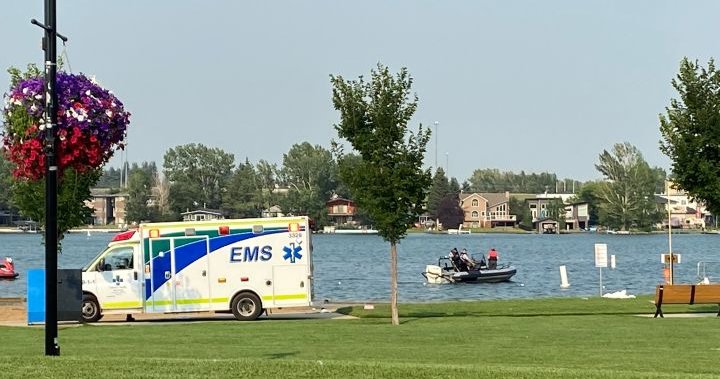The Canada Day holiday violence that erupted in Chestermere has left our neighboring community shaken. As a Calgary journalist who’s covered community safety issues for over a decade, I’ve watched this disturbing story unfold with growing concern.
According to RCMP reports, three teenagers now face serious charges after allegedly assaulting another teen at John Peake Park during Canada Day celebrations. The incident, which occurred around 10 p.m., resulted in the victim being transported to hospital with what police described as non-life-threatening injuries.
“This type of behavior has absolutely no place in our community,” Chestermere Mayor Jeff Colvin told me during a phone conversation yesterday. His frustration was palpable as we discussed how a day meant for celebration turned violent.
The three young suspects, all under 18, face charges including assault causing bodily harm and uttering threats. Their identities remain protected under the Youth Criminal Justice Act, but the impact of their alleged actions extends far beyond legal consequences.
Many Chestermere residents I’ve spoken with express a growing unease about youth violence. Sarah Thornton, who lives near the park, shared her perspective: “We moved here because it felt safe. Now I’m second-guessing letting my kids go to the park without supervision.”
This incident follows troubling patterns we’ve seen across the Calgary region. Last summer, I reported on three separate park assaults involving teenagers in northeast Calgary communities. The similarity in these cases raises important questions about what’s driving youth violence.
Dr. Michael Hooper, a youth counselor with the Calgary Family Services Association, points to several contributing factors. “We’re seeing increased social pressures, particularly through social media, combined with pandemic-related mental health challenges that haven’t fully resolved,” he explained during our interview at his downtown office.
The Chestermere RCMP hasn’t released details about what sparked the altercation, but Staff Sergeant Kathy Klassen emphasized their commitment to public safety. “We want to reassure residents that we take these matters very seriously and will maintain increased patrols in recreational areas,” she stated in the official release.
For context, Chestermere, just minutes east of Calgary, has historically enjoyed lower crime rates than our city. Statistics Canada data shows violent crime in Chestermere running approximately 30% below Calgary’s per capita rate in recent years.
However, as our metropolitan area grows, suburban communities increasingly face urban challenges. The population of Chestermere has nearly doubled over the past decade, bringing both benefits and growing pains to the lakeside community.
Parents across the region are understandably concerned. Calgary father of three, Derek Williamson, told me he’s having more direct conversations with his teenagers about conflict resolution. “I want them to understand there are consequences that can follow you for life,” he said while we chatted at a local coffee shop.
Community response has been swift. The Chestermere Recreation Centre announced yesterday they’re accelerating plans to implement additional security measures for summer events. Their director, Alison Taylor, explained: “We’re looking at everything from increased staff presence to enhanced lighting and security cameras.”
Local schools and community organizations are also stepping up. The Chestermere Youth Club has scheduled an emergency meeting next week to discuss prevention strategies and positive outlets for teen energy during summer months.
As someone who’s reported on Calgary-area communities for years, I’ve witnessed how these incidents can either divide or unite neighborhoods. The response from Chestermere leadership suggests they’re choosing the latter approach.
Mayor Colvin emphasized community involvement as key to prevention. “We need parents, schools, and neighbors all working together. This isn’t just a policing issue, it’s a community issue.”
He’s right. While enhanced enforcement may provide short-term comfort, lasting solutions require addressing root causes. Research from the Alberta Crime Prevention Framework suggests early intervention programs yield significantly better results than reactive measures alone.
For families enjoying summer activities, both in Chestermere and Calgary, authorities recommend basic safety precautions: stay in well-lit areas, travel in groups when possible, and maintain awareness of surroundings.
As this case moves through the judicial process, the community faces important conversations about youth violence, effective interventions, and maintaining the safety that drew many families to Chestermere in the first place.
I’ll be following developments closely, particularly how this incident influences community safety planning throughout the Calgary region. These conversations, while difficult, are essential to addressing challenges faced by growing communities in our metropolitan area.







